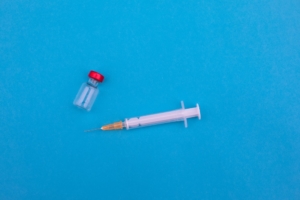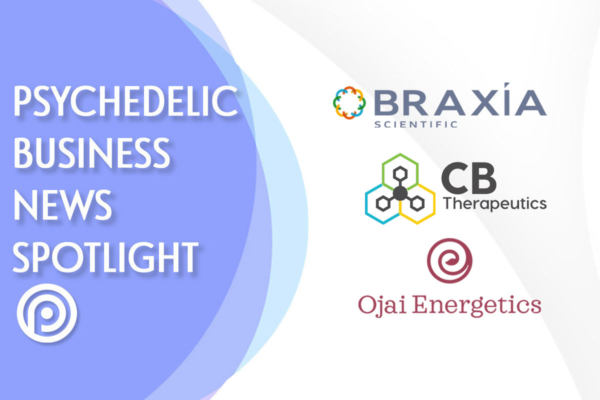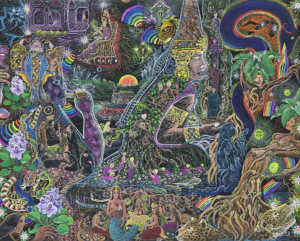
Researchers who study psychedelic medicine who also admit to using the therapies are looked at with more skepticism by their peers who have not tried psychedelics, according to a paper recently published in the journal Public Understanding of Science.
For the paper, lead author Matthias Forstmann, PhD., with the University of Zurich, and colleagues, conducted a review of three different studies in which 952 people in the United States were surveyed about their perceptions of psychedelic researchers who openly engaged in the use of psychedelics. The responses revealed that while psychedelics are gaining mainstream acceptance, the stigma attached to them remains.
In two of the three studies Forstmann reviewed, participants were given fictitious psychedelic research to review. When the participants were told that the researchers had personal psychedelic experiences, the participants said they found the researchers to have less scientific integrity than researchers with no reported psychedelic experience.
In the third study, participants were asked to give their opinions on research presented at a fictitious scientific conference called “Science of Psychedelics.” Some were told the conference alsoincluded psychedelic social events like drum circles and meditation sessions while others were told the conference had more traditional activities such as a local brewery tour. Participants who viewed more stereotypical psychedelic conference information reported more skepticism about the conference.
Forstmann has some theories as to why the stigma on psychedelics remains in the scientific community despite research into the therapies becoming more mainstream.
“We believe that people in general (especially older generations) still have rather negative views on psychedelics, presumably due to misguided drug education they received from early on in their lives,” he tells Green Entrepreneur. “This is oftentimes further fueled by fabricated or sensationalized media reports akin to ‘man on LSD jumps out of a window because he thought he could fly’. Such a perception of psychedelics, in general, may negatively affect people’s views on researchers who use them.”
Another reason may be that psychedelic researchers who admit to using psychedelics are viewed as being too personally invested in their research topic to be unbiased.
One solution is to focus on doing “exceptional research,” Forstmann says. “So, continuing to do high-quality research will at some point also change people’s minds about scientists’ personal psychedelic use.”





